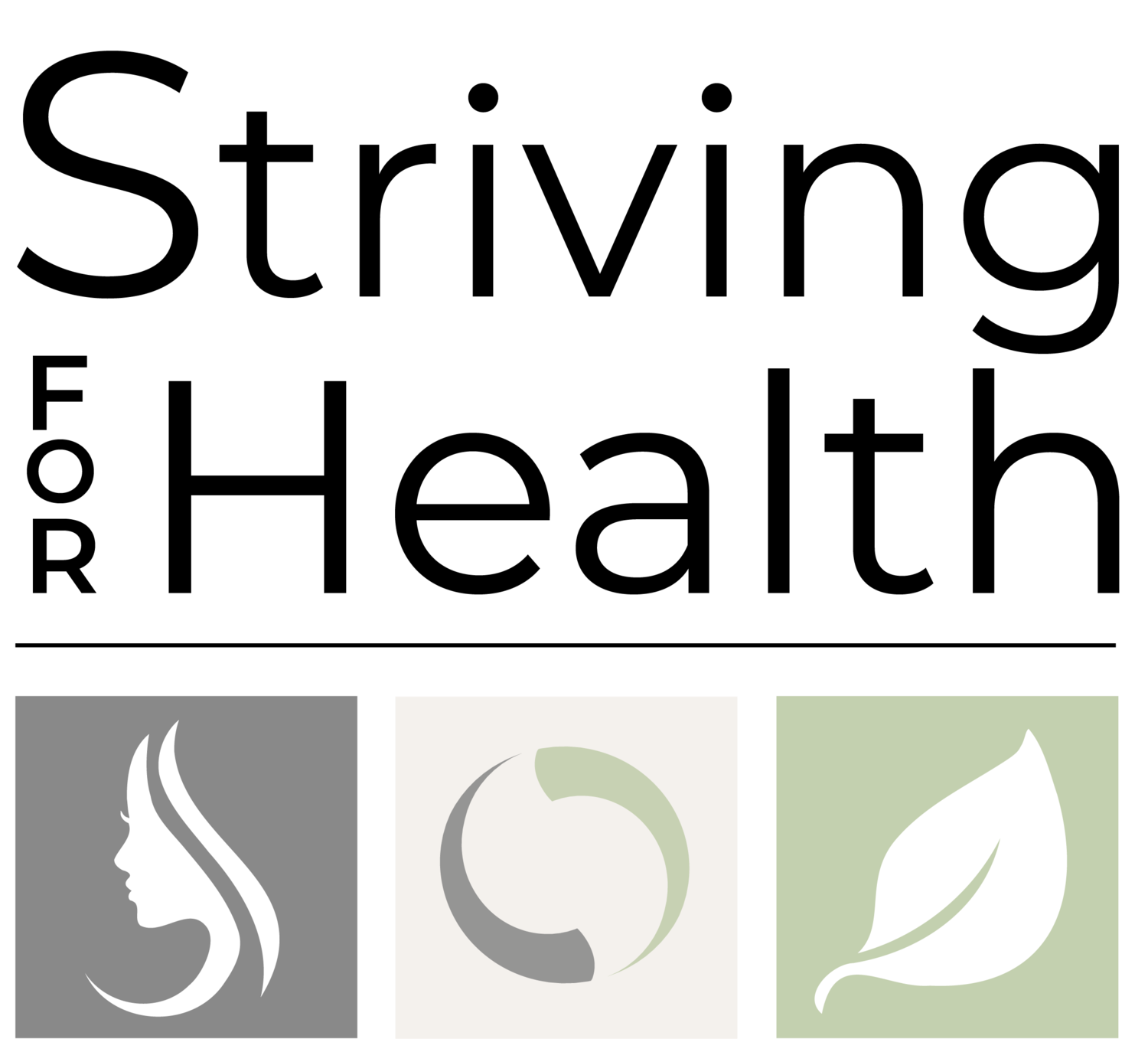
Seasonal Allergies
Seasonal allergies, also called hay fever or allergic rhinitis, can make people miserable. Seasonal allergies impact millions of Americans, making the outdoors off limits for many months a year. To make matters worse, research is showing that seasonal reactions are increasing.
From tree pollens in the spring, to grass pollens in the summer to weed pollens and molds in the fall, it’s hard to enjoy the outdoors if you suffer with seasonal allergies. Some people experience issues during a single season while others suffer through multiple seasons.
Seasonal allergies happen when trees, grasses, and/or weeds begin to release their pollens into the air. When they are inhaled, they can trigger a reaction that can send the body into a defense mode, resulting with sneezing, runny nose, congestion, itchy eyes, coughing or asthma.
Here in Northern Virginia it is beautiful and green, but because we have such a varied flora makeup in our area, we don’t get much of a break from seasonal type allergens. Tree pollen season typically runs from February to May/June. Grass pollen season from mid-May into July and weed pollen season goes from the end of August/beginning of September through November.
If you are one of the millions of people suffering with seasonal allergy symptoms, we want to help you get outside again and enjoy the outdoors.

Did you Know:
Seasonal Allergies are getting worse!
Worldwide, allergic rhinitis affects between 10% and 30% of the population.

At Striving for Health we understand that every person is unique, which means their particular treatment needs will also differ. No one treatment is a good fit for everyone. We work with our clients to customize the best approach to address their specific needs.
We offer several different treatment options to address Seasonal Allergy symptoms:
Enjoy the outdoors again.
Book your treatment session today.




